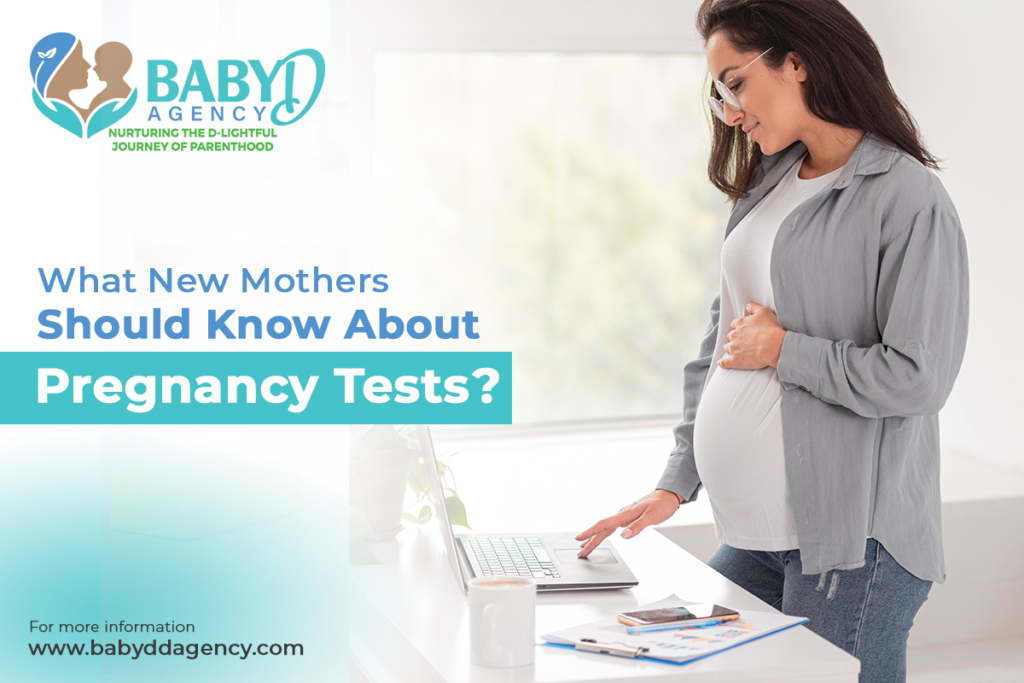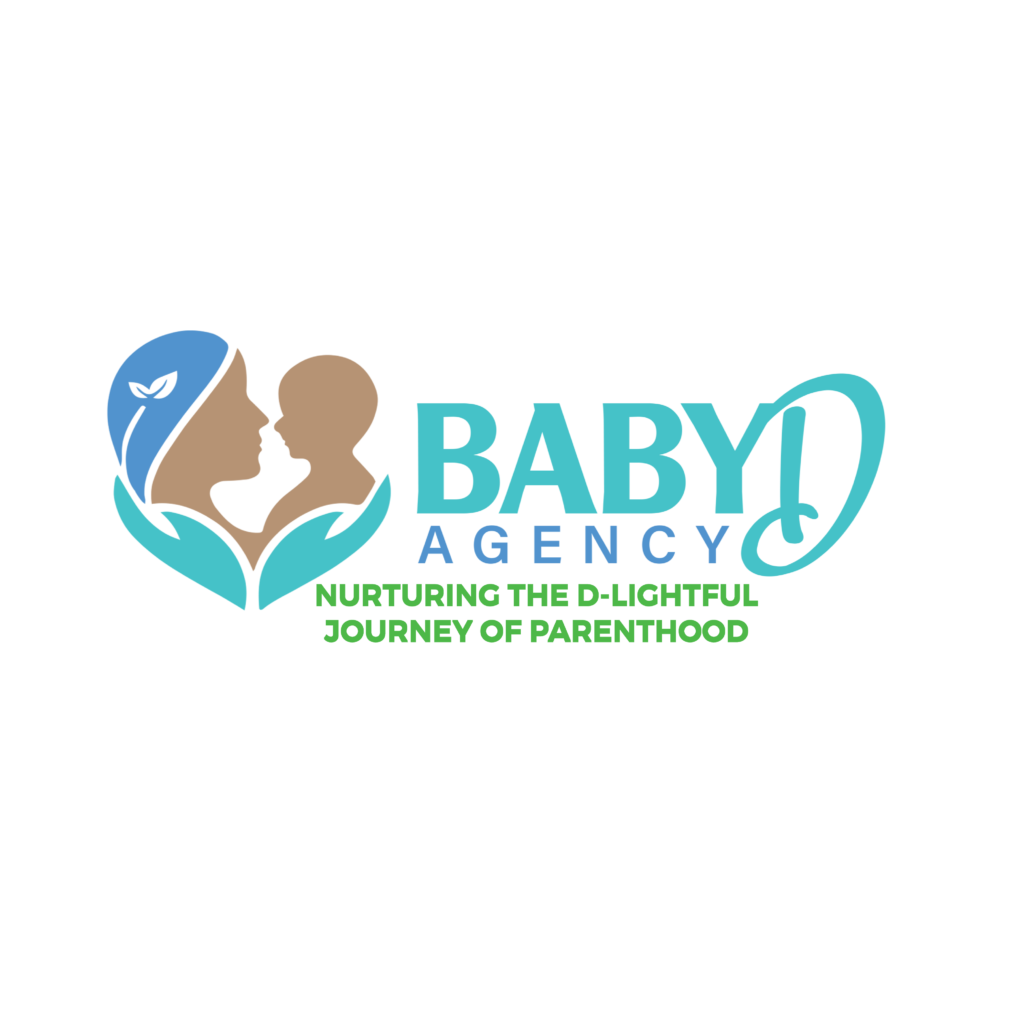What New Mothers Should Know About Pregnancy Tests?

Being a mother of a newborn is not a cakewalk at all. Many women at the time of first pregnancy get confused with “What To Do?” “How To Prepare For Pregnancy?” Well to make things easier, the certified newborn care specialist comes into play.
Are you dealing with a first-time pregnancy? Then you are in the best place. In this blog, we will guide you in understanding pregnancy tests, when to take them, and what they include can ease some of the uncertainty.
This guide will help you navigate the world of pregnancy tests, ensuring you have all the information you need to make informed decisions.
When to Take a Pregnancy Test
Note- Before indulging in the pregnancy test, it is recommended to consult with it is recommended to newborn care services.
As per the experts, pregnancy tests should be considered, following this-
- Timing Is Everything
An accurate pregnancy test depends on the timing of the test. Most doctors recommend waiting until the first day of your missed period to take a home pregnancy test. This is because the levels of hCG (human chorionic gonadotropin), the hormone detected by pregnancy tests, are usually high enough by then to be detected.
- Early Testing
If you’re eager to find out sooner, some tests on the market are designed for early detection and can be used as early as six days before your missed period. However, the accuracy increases as you get closer to your expected period date.
Types of Pregnancy Tests
- Home Pregnancy Tests (HPTs)
A home pregnancy test is the most popular and common type of test most mothers prefer. They are easy to use, widely available, and offer privacy. HPTs come in two main formats:
- Dip Tests: You collect your urine in a cup and dip the test stick into it.
- Midstream Tests: You urinate directly onto the test stick.
Both types work by detecting the presence of hCG in your urine. A home test should be used correctly to achieve about 99% accuracy.
- Blood Tests
Blood tests for pregnancy are conducted in a medical setting and can detect pregnancy earlier than urine tests. There are two types:
- Qualitative hCG Test: This test simply checks for the presence of hCG and gives a yes or no answer.
- Quantitative hCG Test: Also known as a beta hCG test, this measures the exact amount of hCG in your blood, which can help track the progression of the pregnancy.
- First Trimester Screening
This examination consists of an ultrasound and a blood test. It aids in identifying the fetus’s potential for birth disorders like cardiac issues or chromosomal abnormalities like Down syndrome.
- Ultrasound Testing
This non-invasive, safe procedure creates images of the baby’s position and form using sound waves. It can be done as part of the first-trimester screening at weeks 11–14, or early in the trimester to date the pregnancy. During the first trimester, women with high-risk pregnancies may undergo several ultrasounds.
- Chorionic Villus Sampling (CVS)
The procedure known as “chorionic villus sampling” (CVS) examines placental cells to determine whether they have any chromosomal abnormalities, such as Down syndrome. It can determine with certainty if a baby will be born with a particular chromosomal abnormality and can be performed between weeks 10 and 13.
- Non-invasive Parental Screening (NIPS)
This blood test searches for maternal-fetal DNA. If a chromosomal issue is suspected in the fetus, this test can be done as early as 10 weeks into the pregnancy. It’s not a diagnostic exam. If the results are abnormal, more testing is necessary to confirm the diagnosis or rule it out. Given their increased risk, older expecting mothers or those who have given birth to a child with a chromosomal disorder are typically the ones administered it.
Some Other varieties of Pregnancy Tests-
- Thyroid disease
- Toxoplasmosis
- Hepatitis C
- Cytomegalovirus (CMV)
- Tay-Sachs disease
- Fragile X syndrome
- Tuberculosis
- Canavan disease (a rare neurological disorder)
How New Mothers Can Prepare?
After confirming your pregnancy, considering newborn care services is a crucial next step. These services offer essential support for new mothers. Whether you need newborn care at home or guidance from a certified newborn care specialist, these professionals provide professional care and guidance both for the mothers and the newborns tailored to your needs.
Conclusion
Understanding pregnancy tests is essential for new mothers navigating the early stages of pregnancy. Whether you choose a home test or a blood test, knowing when to test, how to read the results, and what to expect can make the experience smoother and less stressful. Remember, for any concerns or questions, your healthcare provider is your best resource.
By staying informed and prepared, you can confidently take the next steps in your pregnancy journey, knowing that newborn baby care services, are available to support you.
Quick Links
Copyright © 2024 BabyD Agency
